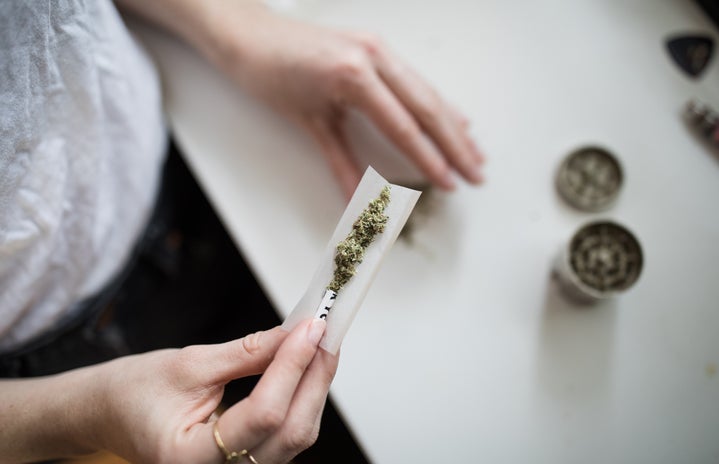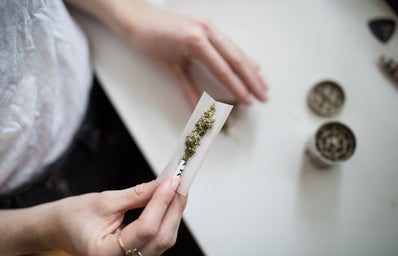A disease or a choice? Substance Abuse, which is much more complex than the consistent pattern of using illegal narcotics, can be characterized as the immoderate use of psychoactive drugs, such as alcohol, pain medications, hallucinogens or other stimulants. Almost any substance can be abused, theoretically. But,the word “abuse” here implies that the drug is either being used in a way that was not intended or recommended or consumed in more amounts than it was authorized by the practitioner. In its entirety, addiction is any behavior that we have lost control over. The person finds solace in the short-term dissociative episodes while having no say over the long-term consequences encountered.
Being an addict means living with an altered state of mind while constantly ricocheting between certainties and doubts. Acute delirium, distorting perceptions and clouded judgments are some of the negative side effects of using such substances.These side-effects usually range from being merely annoying to life-threatening in some cases. How behavioral health and addictions are addressed and treated depends a lot upon the dependency of the individual to self-medicate the symptoms of their mental health problems. Behavioral health involves not just a person’s state of mind but their physical condition as well which includes day-to-day habits such as eating, drinking, exercise, etc. One such aspect of this is that the more we perform a certain behavior, the more it becomes reinforced and the easier it is to do it in the future. No matter if we are consciously aware of it or not, we can develop habits of substance abuse that temporarily help ease pain, stress, anxiety, or any sort of mental instability. But sooner or later, one realizes that it is not the injection of toxicity, but the escapist coping mechanism that makes an individual an addict.
A key observation to note here is that society plays a dual role in this aspect. While acknowledging the psychological factors that are of significance to the consolidation of addiction, society too is noted as a catalyst. The act of getting liberated from the obligation of accomplishing your life’s ‘goals’, which are very well disguised under the veil of societal expectations, serves as a part of an indictment where a person is ready to use poison as an antidote. It is these unmet presumptions that weigh down upon the youth till the point they’re off the edge and this leaves no space whatsoever for them to grow into everything they could’ve been.
It is an evident fact that society pays the price for substance abuse too. The negative consequences of addiction affect not only the user and the family but also the society as a whole. Legal checks have also been placed to protect the individuals’ well-being and shield the community from the costs incurred from healthcare resources, lost productivity, the spread of diseases, crime and homelessness. The environmental impact of substances is mainly the result of outdoor cannabis cultivation and methamphetamine production where the chemicals used are flammable and hazardous. In many cases, improper storage of these chemicals results in fires and explosions in the laboratory. As a result of an individuals’ preoccupation with drugs, their children are often neglected or physically or emotionally abused and often lack adequate immunizations, medical and dental care and basic necessities such as food, water, and shelter. Hence, drug abuse is one of the connecting fibers that bind society and one we can’t hide from.
Liberating oneself from the shackles that hijack the brain and surpassing your enslaved life behind can feel like a hopeless proposition to addicts and their loved ones. The grip of addiction feels very tight, making every effort in its power to squeeze the rest of the hope left inside of everyone involved. And unfortunately, it takes so much more than a mindset to quit using. The feeling of being utterly defeated and lost doesn’t disappear overnight with the absence of narcotics. If not properly handled, these factors can act like magnets that pull you into a relapse.
While the medical community today has made several advancements towards treating substance abuse such as behavioral counseling, medication, devices and applications for withdrawal symptoms, even tailor-made treatment programs and long-term follow-up options can’t efface the imprint it has left. If only people knew beforehand that the alternative they’re resorting to for a “break” will only shackle them further. A juxtaposition is formed here between liberation sought out of psychedelic satisfaction on one front, and the other you’re trying to free yourself from.


